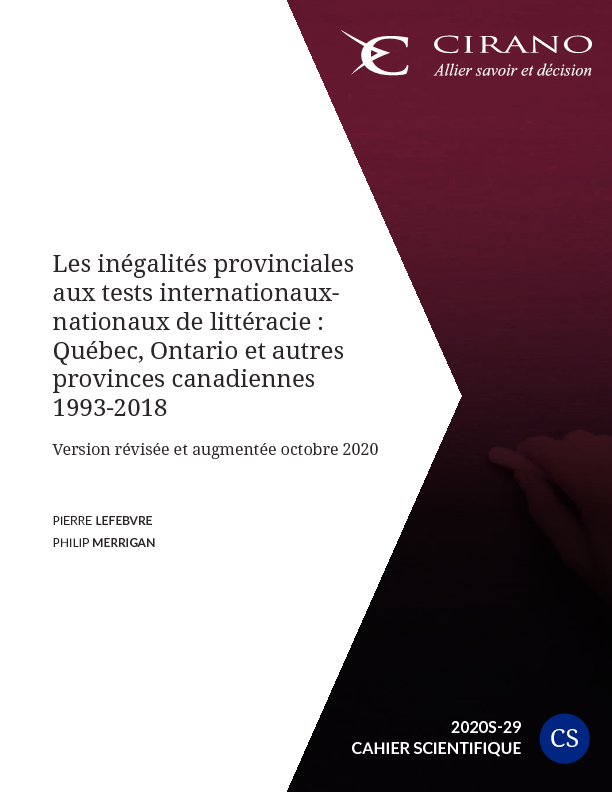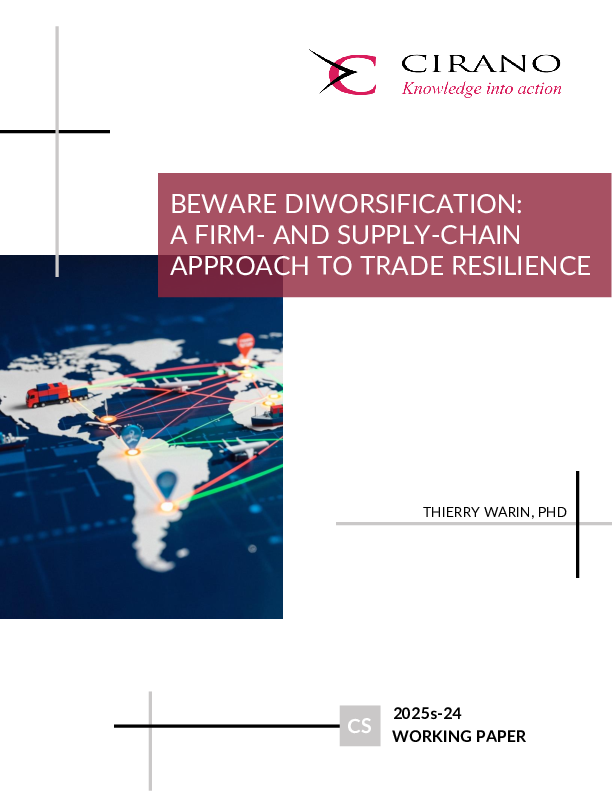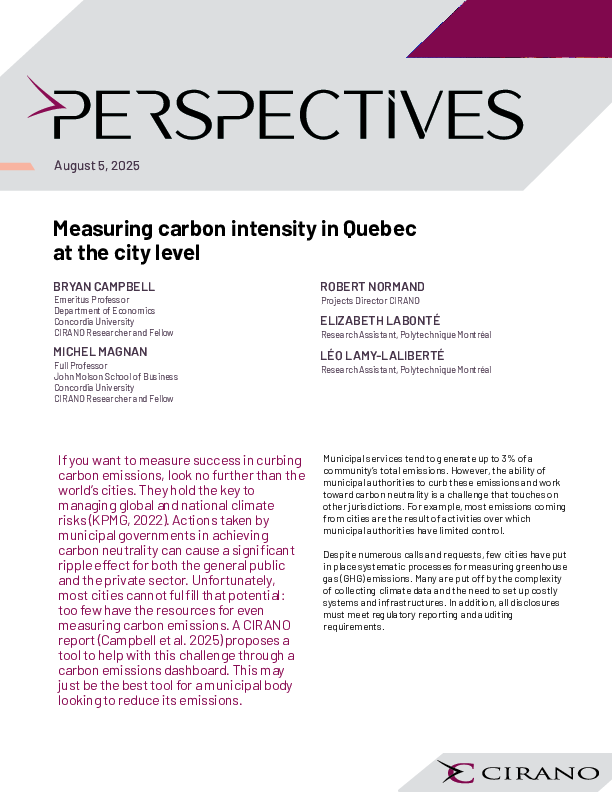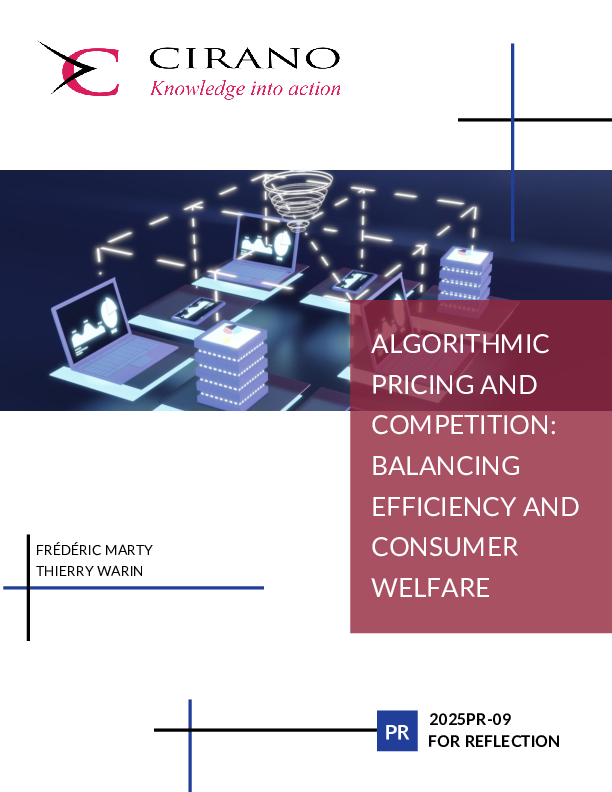Les inégalités provinciales aux tests internationaux-nationaux de littéracie : Québec, Ontario et autres provinces canadiennes 1993-2018 (Version révisée et augmentée octobre 2020)
This paper presents standardised test scores results in literacy from 19 provincial and international surveys in education conducted over years 1993 to 2018. The analysis draws on students in Canadian provinces, mainly in Québec and Ontario, at three stages of education, grade 4 in primary school, grade 8 in secondary school, and -13, -15 and -16-year-olds in grades 8, 9, 10, 11 and 12. The tree domains of literacy are reading, math, and science. A diversity of summary statistics are computed (number of respondents, mean, standard deviation, percentile scores), as well as gaps (P90-P10 and P75-P25) between scores and differences between Québec and other participant group entities. The investigation also displays the distribution of proficiency scale scores. The socio-economic gradients in scores as measured by parental educational and occupational categories are also displayed and discussed in the paper. The results contradict the conclusion of an independent Council in Education, and imply that Québec’s students in particular the less skilled perform as well or better than students in the other provinces system, most of the time with less inequality in literacy domains. The assessment reviews briefly why students in independent schools are more successful and identifies some policy options in education policy addressing social inequities in the skills and knowledge of students.




